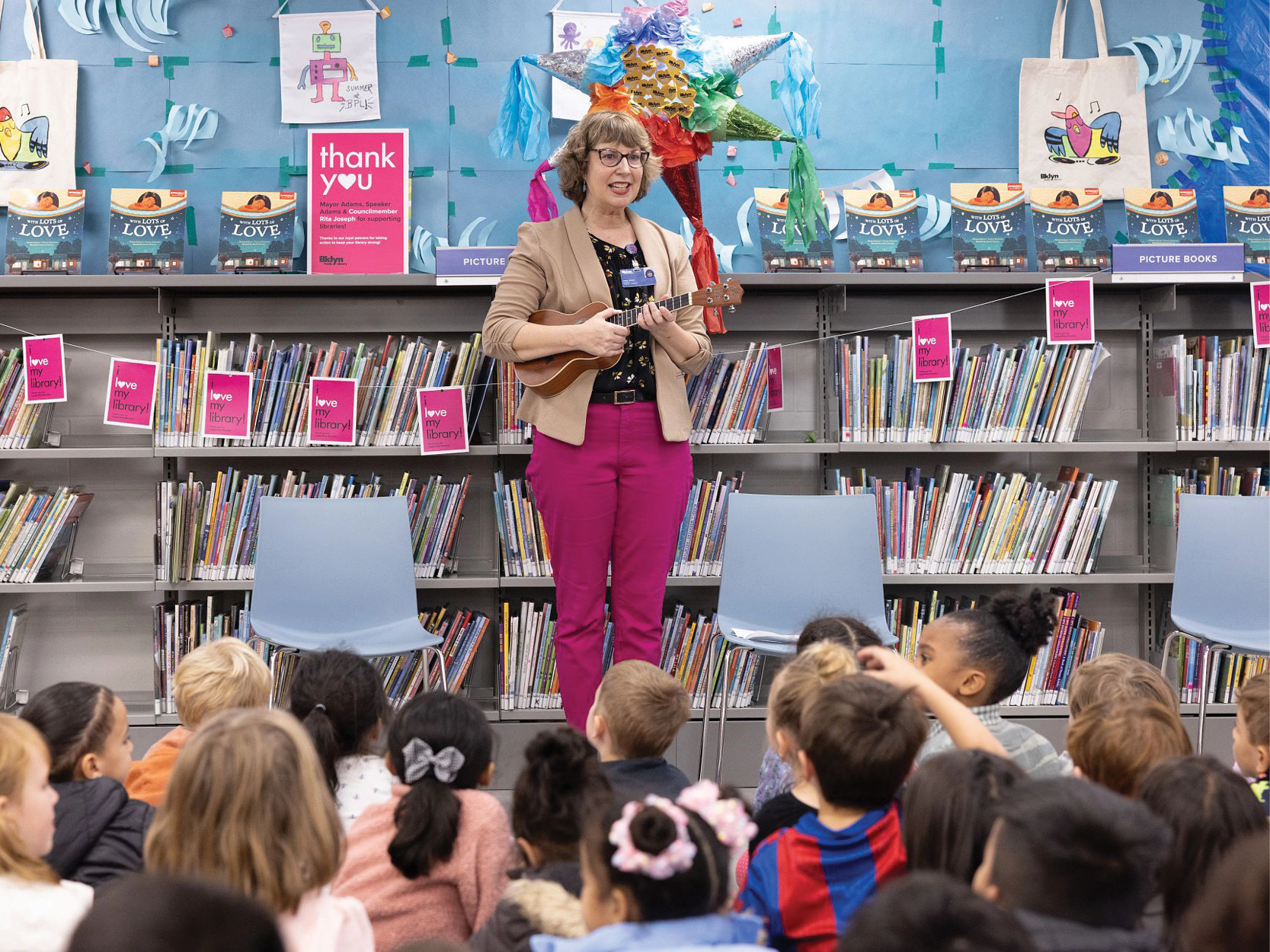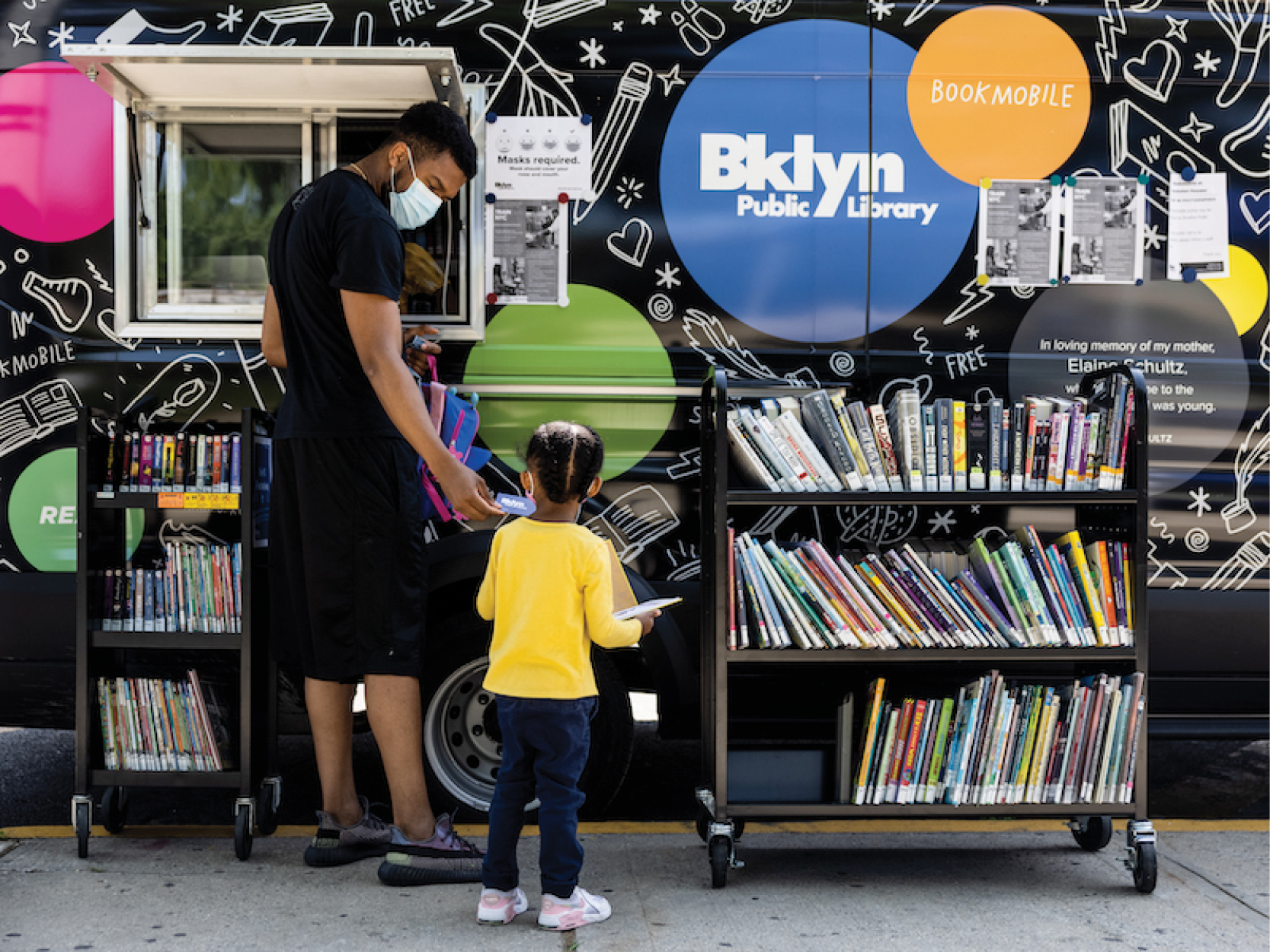 "One of the nicest things about the Christmas season is that it brings in a flood of mail. The recipients never utter one word of protest. Only the overworked and overburdened letter-carriers might be inclined to raise an objection or two..." -New York Times, December 30, 1944
"One of the nicest things about the Christmas season is that it brings in a flood of mail. The recipients never utter one word of protest. Only the overworked and overburdened letter-carriers might be inclined to raise an objection or two..." -New York Times, December 30, 1944
You can't really blame postal workers for feeling overburdened during the holiday season. It's no secret that when most of us are wrapping gifts, lighting candles and decorating trees, they are in the middle of their busiest season. Articles from our collection show how mail was an important ritual for many Brooklynites. In 1936 when holiday mail increased, it was a sign of hope and prosperity. Then, during the war, sending letters to family and friends overseas was a major activitiy. 
In 1950, as post-war prosperity continued, the Eagle reported that the Brooklyn post office processed over 13 million letters in one day during the month of December. Handling that volume of mail required special dedication from Brooklyn's postal staff. In this image of package sorting, the Eagle warned: "extreme care in handling isn't possibe in holiday crush, so secure wrapping is essential."
 Figuring out where each piece of mail was to be sent was only the beginning. In this 1951 photograph we see the dead letters office. That year, an estimated 349,000 pieces of mail never arrived at their final destinations between December 1 and January 4. Brooklyn's Postmaster Edward J. Quigly commented, "Many heartaches could be avoided if persons using the mail would be sure to have the correct address and to put their return address on every letter or card they mail out."
Figuring out where each piece of mail was to be sent was only the beginning. In this 1951 photograph we see the dead letters office. That year, an estimated 349,000 pieces of mail never arrived at their final destinations between December 1 and January 4. Brooklyn's Postmaster Edward J. Quigly commented, "Many heartaches could be avoided if persons using the mail would be sure to have the correct address and to put their return address on every letter or card they mail out."
Finding enough people to deliver the mail was the next challenge. The postal service has had a long-standing tradition of hiring extra help during the season, a practice that is continued today. In 1953 the men above were sworn in as "Christmas Mailmen" or "temporaries" for the holiday season. The number of "temporaries" hired each year varied. During World War II, many of these holiday employees were women, high schoolers or members of the military stationed at a Brooklyn post. In 1943, Brooklyn hired 7,000 extra postal workers, which was in addition to asking supers in large buildings to oversee sorting to individual apartments.
 The primary concern of all employees was making sure the mail arrived on time. The slogan on the mailbag, "Please Mail Early," was a common theme. Articles in the Times and the Eagle were dedicated to encouraging people to mail their holiday wishes as soon as possible. The Postal Service has already issued its own timetable this year. (Note to self: I'd better get my cards out soon!)
The primary concern of all employees was making sure the mail arrived on time. The slogan on the mailbag, "Please Mail Early," was a common theme. Articles in the Times and the Eagle were dedicated to encouraging people to mail their holiday wishes as soon as possible. The Postal Service has already issued its own timetable this year. (Note to self: I'd better get my cards out soon!)
Somehow, despite all of this work, some employees found time to participate in the Brooklyn Post Office glee club, which performed Christmas carols at the Brooklyn General Post Office in 1950. 
Today, the holiday rush is still the highlight of the post office's year. The same practices seen in these photographs from our collection continue in Brooklyn and throughout the country. Technological advances have helped with some processes, but we still rely on old-fashioned man- (and woman-) power for the actual delivery. During this holiday season, the United States Postal Service will process an extra 5 billion pieces of mail. That's a staggering number of greeting cards, gifts, fruit cakes and (most important) letters to Santa...
This blog post reflects the opinions of the author and does not necessarily represent the views of Brooklyn Public Library.
Post a Comment
While BPL encourages an open forum, posts and comments are moderated by library staff. BPL reserves the right, within its sole discretion, not to post and to remove submissions or comments that are unlawful or violate this policy. While comments will not be edited by BPL personnel, a comment may be deleted if it violates our comment policy.
eNews Signup
Get the latest updates from BPL and be the first to know about new programs, author talks, exciting events and opportunities to support your local library.








